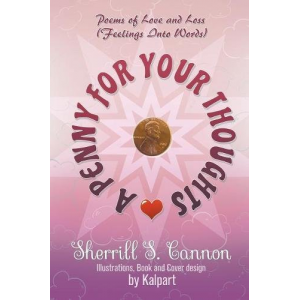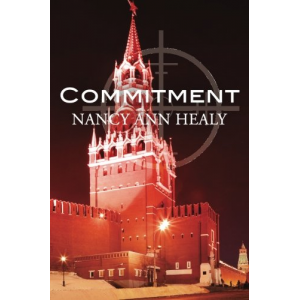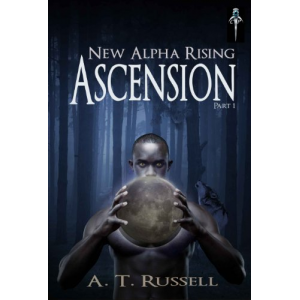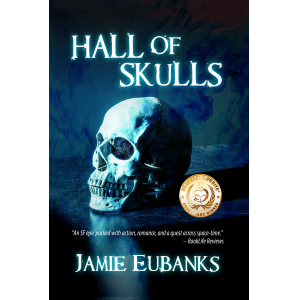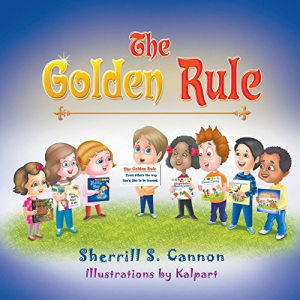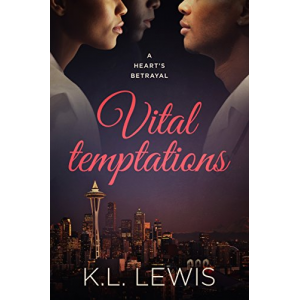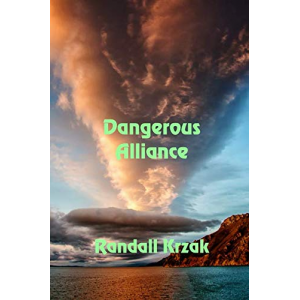- Author
- Book
- Story behind the book
- Media Links
- Reviews
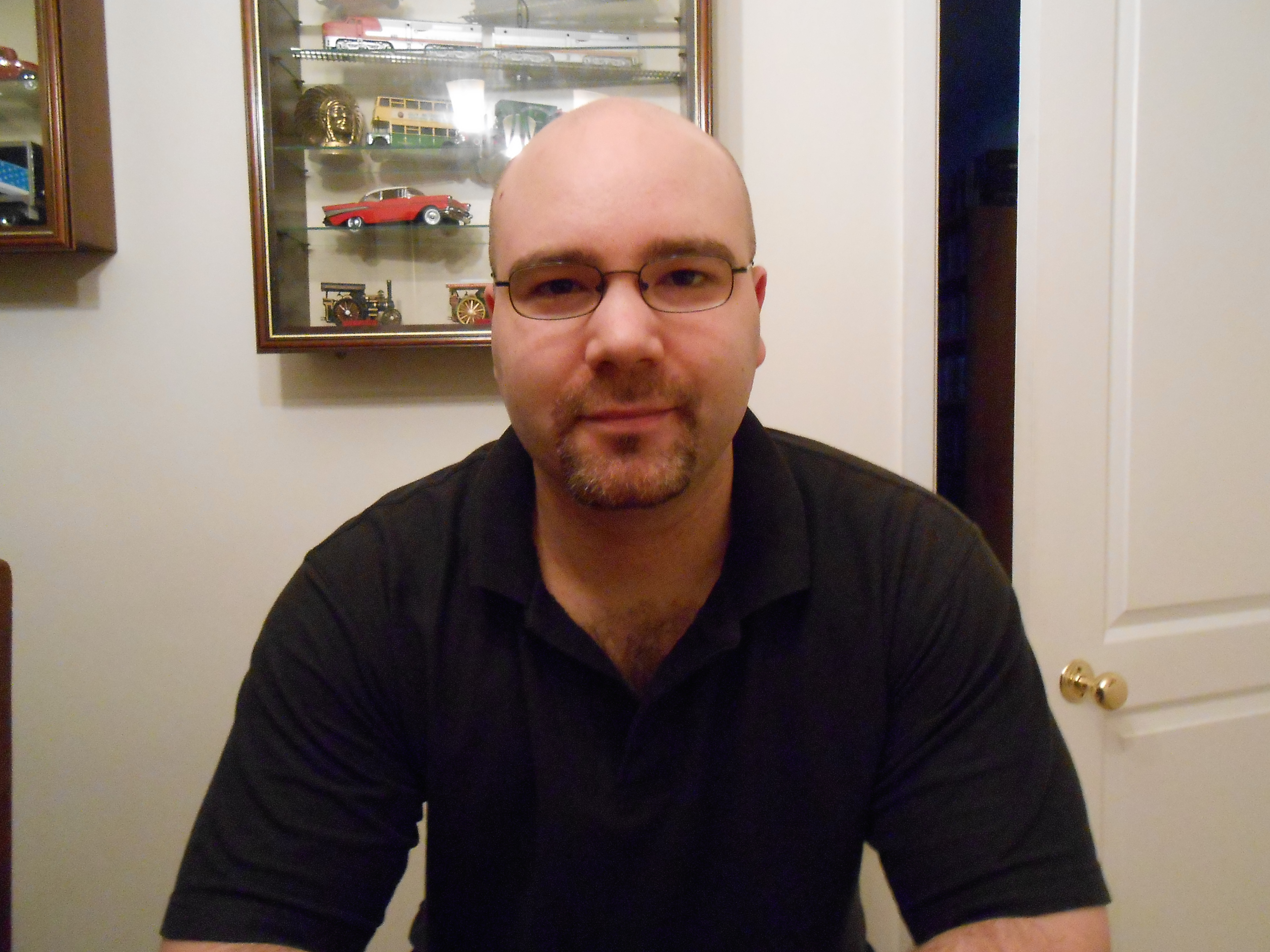
Richard Cubitt
About
I reside in England and in August 2013 I graduated from the Open University with a First Class BA (with Honours) degree in English Literature.
I'm a fan of all genres of literature. Some of my favorite authors are as follows:
Classics - Dostoyevsky, Tolstoy, Dumas, Dickens, Milton, Dante, Henry James, George Eliot, Hardy, H.G. Wells, Virginia Woolf, Bram Stoker, Mary Shelley, Edgar Allen Poe, H.P.Lovecraft.
Contemporary Literary: John Banville, Ian McEwan, J.G. Ballard, Cormac McCarthy, Martin Amis, Bret Easton Ellis, Philip Roth, John Fowles.
Sci Fi - Arthur C. Clarke, Asimov, Dick, Frank Herbert.
Fantasy - Tolkien, Philip Pullman.
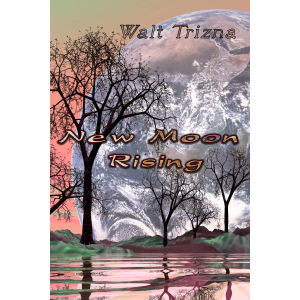
New Moon Rising
Description
The Pacific Plate is one of the most geological active areas in the world, and the site of constant volcanic and earthquake activity. The Ring of Fire, in the Pacific Ocean, will soon escalate its impact on mankind. Two brothers, one a geologist and one a surfer are at the center of and event that will change the Earth, forever.
Story Behind The Book
Media Links
Reviews
<p>'I am continually astounded by the depth of literary talent around the world and Cubitt is no exception. He has crafted a wonderful story full of rich descriptive writing and must surely have lived a previous life in ancient Greece to have been able to do it' - Darrin Mason</p> <p>'The Earth’s True Children is an extraordinary novel. It is composed of two main strands. The first is a story of murder and politics in a fictional Greek city state, and the second is a narrative of apocalyptic science fiction with a strong ecological undertow. The two strands intertwine – or to be more accurate, collide head on – as the novel builds to a climax. What you have, in effect, is a reinvention of a recurrent theme in ancient Greek mythology, with destructive monsters standing in for the creatures of the Titans, in order to play out a timely message for the modern reader about the destruction of the earth’s environment. The names used in the novel give it a certain air ambiguous familiarity. Central to the story is an ‘Elektra’, but she is not the same character as the Electra of mythology, the daughter of Agamemnon. Likewise, ‘Anaxagorus’ is a city, but has nothing to do with either the philosopher Anaxagorus or the King of Argos of the same name. But, as I say, these familiar names lend a flavour of mytho-history to the novel, which enhances its already absorbing plot. While ancient Rome has been used time and again as a setting in fiction, ancient Greece has served in this capacity only rarely, perhaps being perceived as lacking in grit. This novel, even though set in a world that is merely modelled (albeit very authentically) on ancient Greece, redresses that balance considerably, offering up as much grit and intrigue as readers could wish for. The writing, which I haven’t mentioned up till now, is also exceptional. The author has a real zest for written English, a trait that you can see in his love of words that are obscure or delightfully antique. In conclusion, The Earth’s True Children is one of the most remarkable and original novels I’ve read in a long time' - Kieron Goodwin.</p> <p>'A great find on Amazon , a new author but well worth the order , a fantastic read which I thoroughly enjoyed. Have seen some other books by this author and will order more' - Martin Egan.</p>
